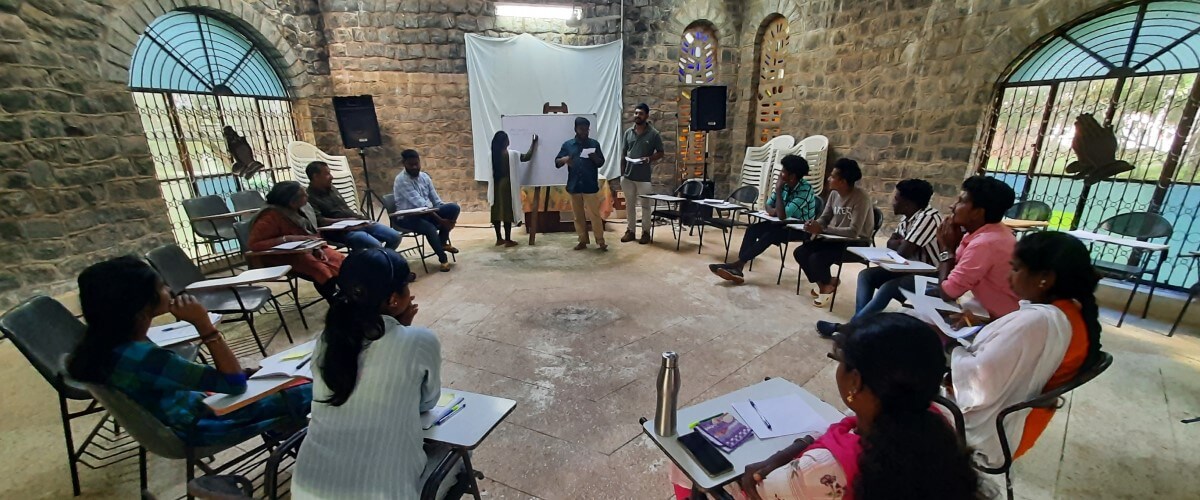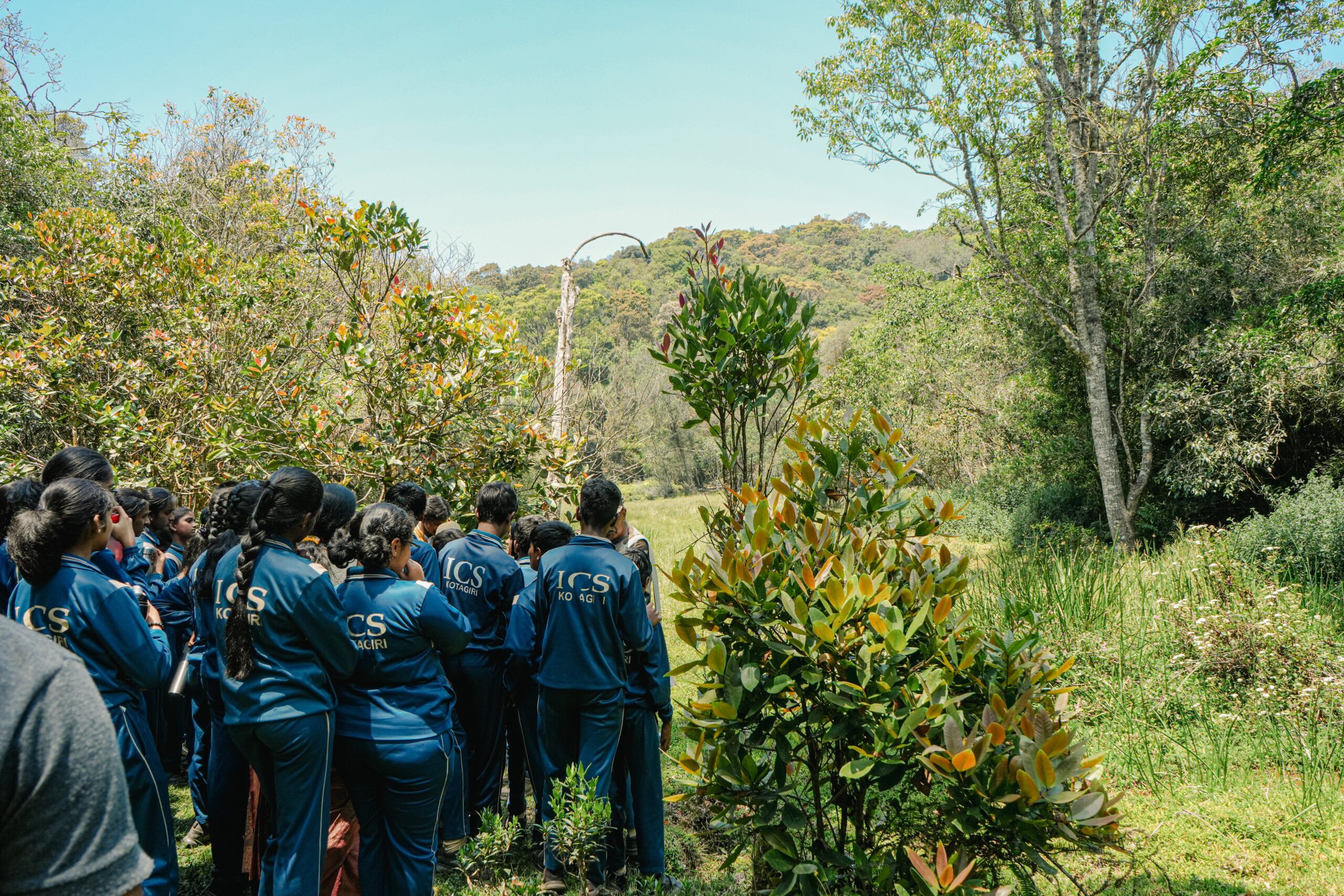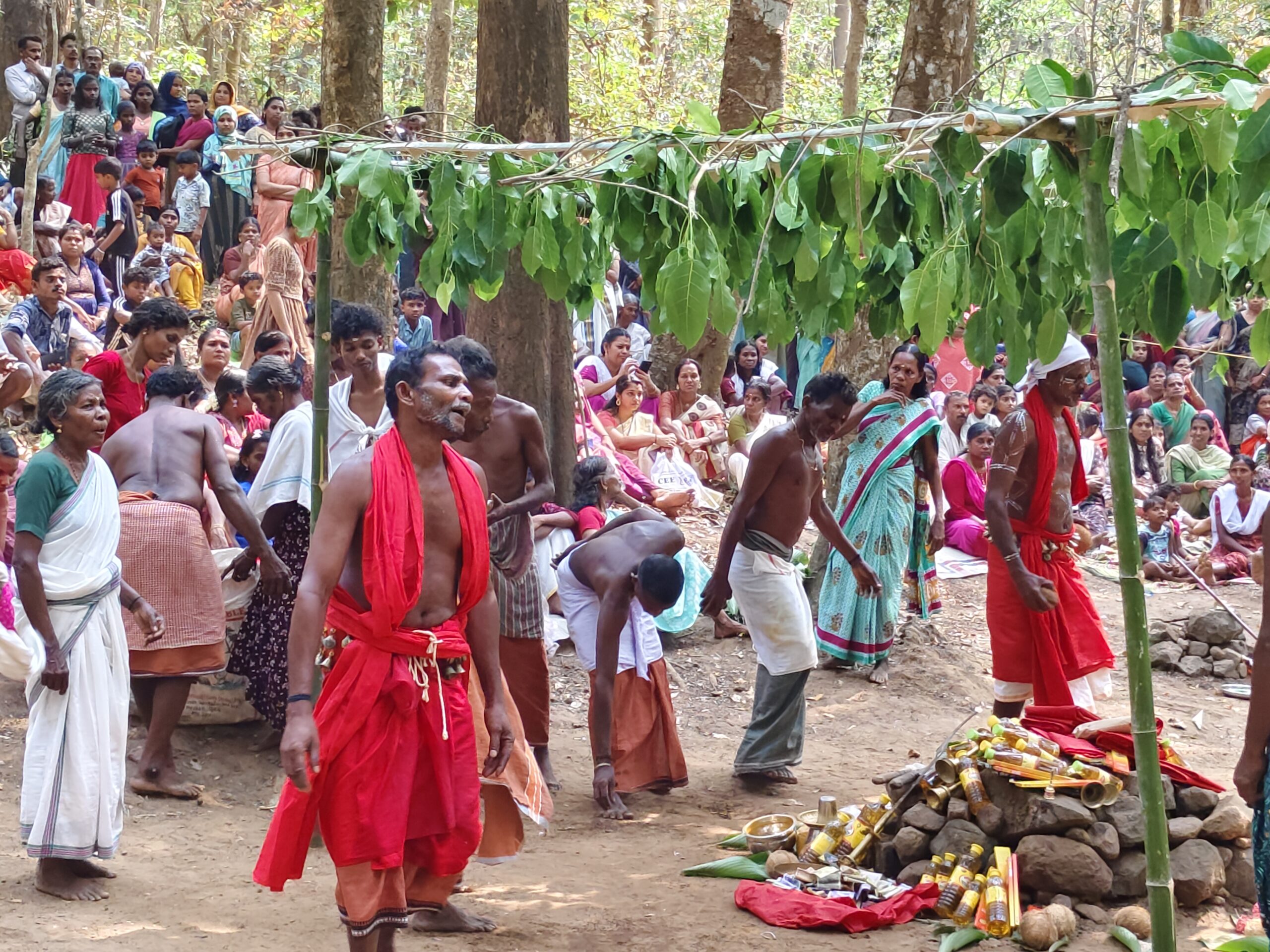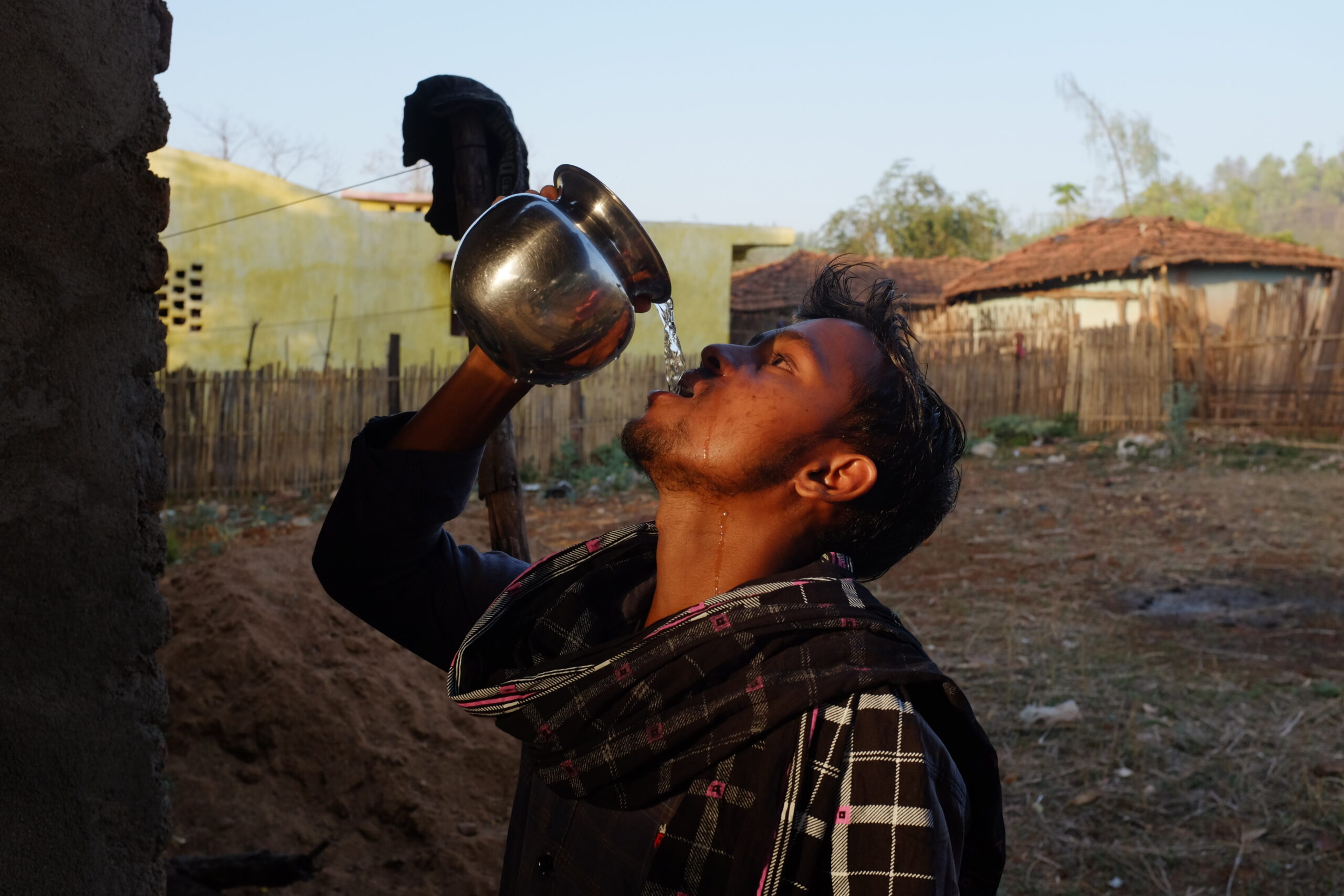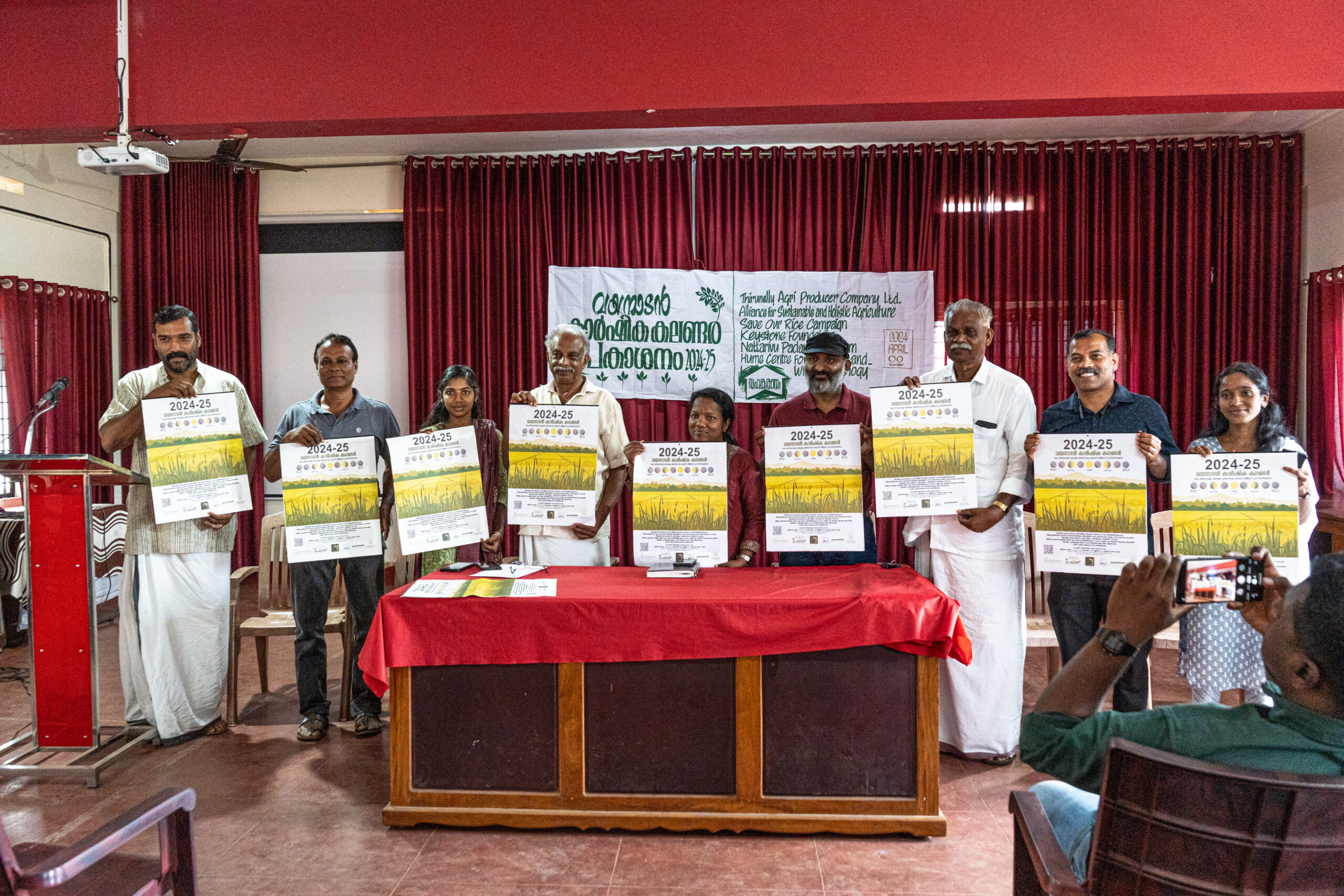October 18, 2022
By People & Nature Collectives
This time last year, Keystone’s PNC team began working with Haiyya Foundation on providing a space for changemakers to grow for people of Particularly Vulnerable Tribal Groups (PVTG) in the Nilgiris. With the support of Azim Premji Philanthropic Initiatives (APPI), 10 members of the Toda, Kotha, Irula, Kurumba, Paniya, Adiya and Kattunayaka tribes joined us as Teaching Fellows of the PVTG Leadership course.
On October 17 and 18, we met with the ten fellows of Keystone’s PVTG Leadership Course, kicking off Year Two! Keystone team members present at the meeting were Kavya, Rafi and Ramu from Kerala, and Bagavanidhi, Daniel, Jeyanthi, Ranjani and Sneh from Tamil Nadu.
Year One witnessed six months of careful preparation and curriculum building, followed by another six months of course delivery, when our 10 fellows recruited 100 more teaching fellows, received training on project leadership, community mobilization and other leadership strategies on the field. The fellows met with course organisers from Haiyya and Keystone twice a month, spending the remaining time on field, recording observations, and planning eco-development projects. Many fellows successfully implemented their projects, while others are yet to complete – for example, one fellow from the Kotha community installed a pipeline in her village, Pudukothagiri.
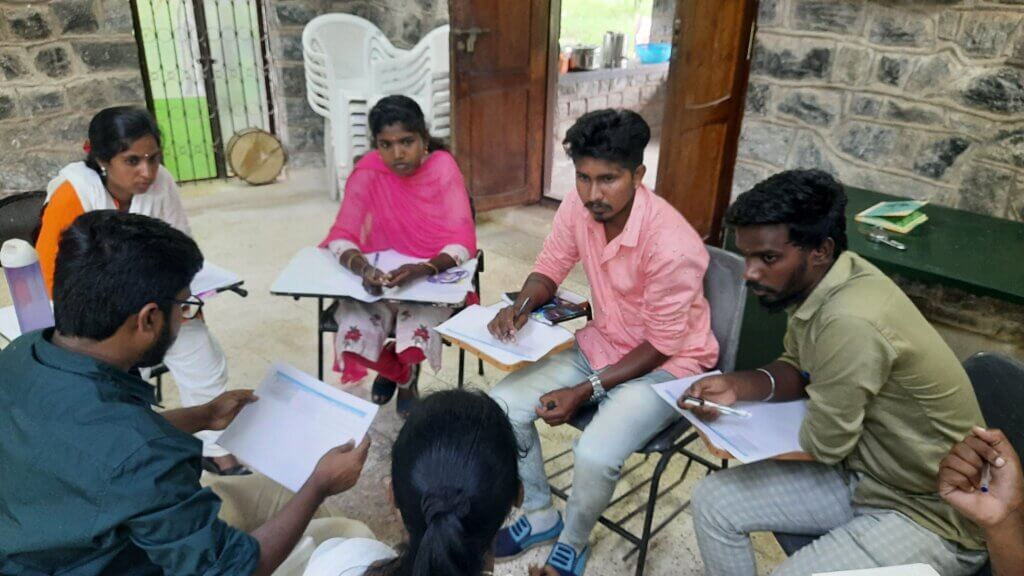
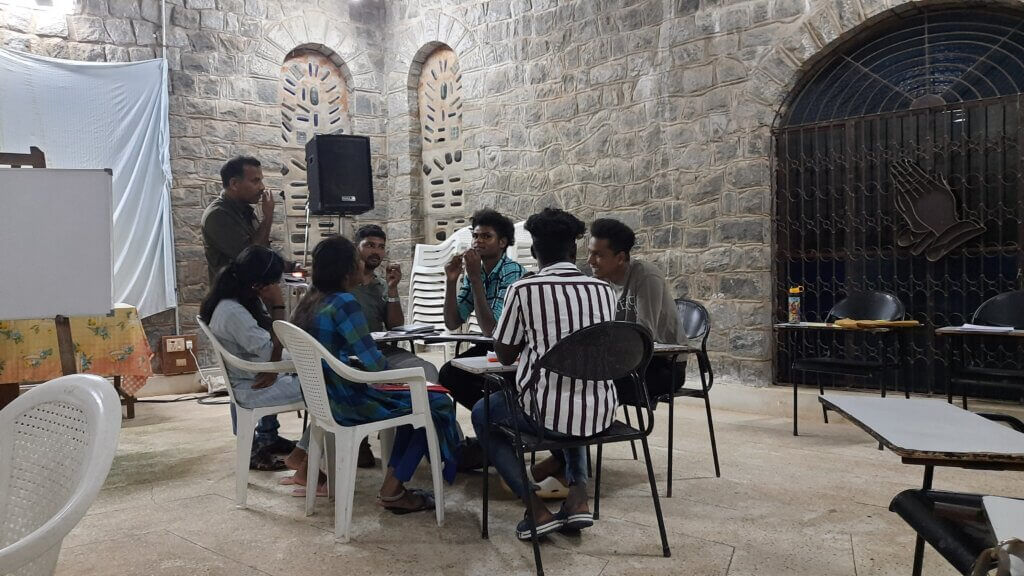
Year One wrapped up a few weeks ago, and not a moment sooner did our team begin planning for the following year. While Haiyya Foundation has laid the base and completed its role in the partnership, Keystone is hosting the programme for another year with APPI’s continued support.
The meeting on October 17 and 18 helped map an overview of all projects taken up by the fellows in the previous year, with updates on completed (about half) and ongoing projects. An enlightening discussion ensued, on the way forward – we plan to engage the fellows in a self-profiling exercise, the aim being to give them agency to define various aspects of their community, share development and well-being perspectives, and build their own indicators for strategies. Self-profiling is intended to pave the way for well-informed advocacy towards sustainable development and a more secure future.

